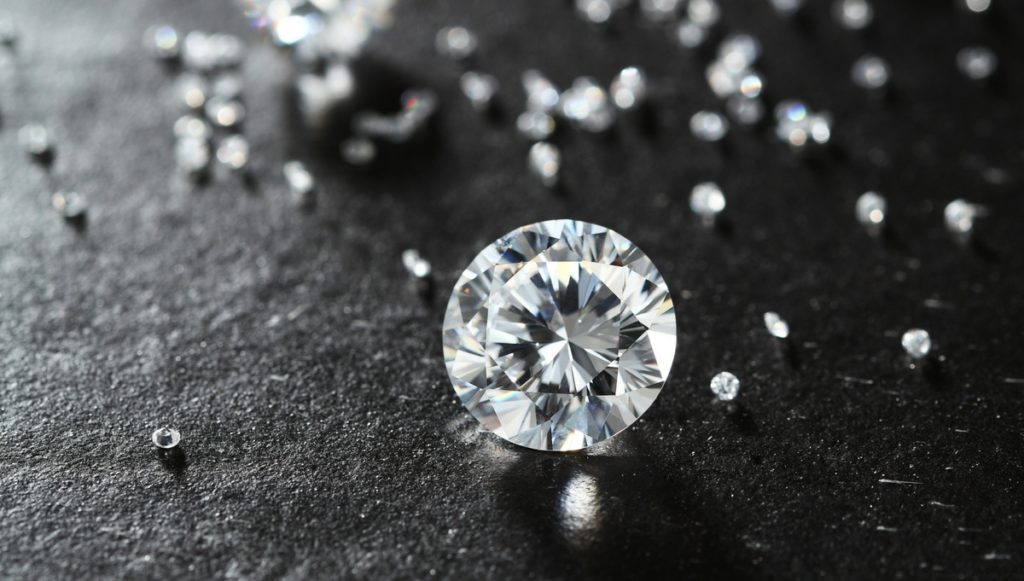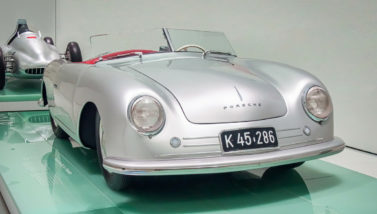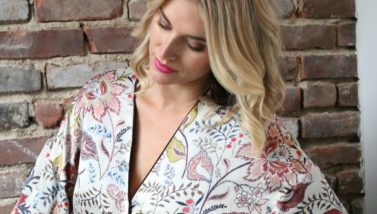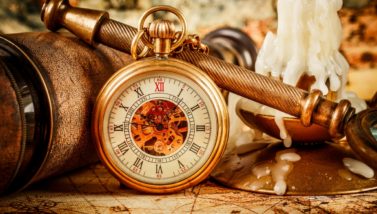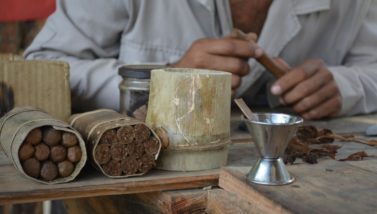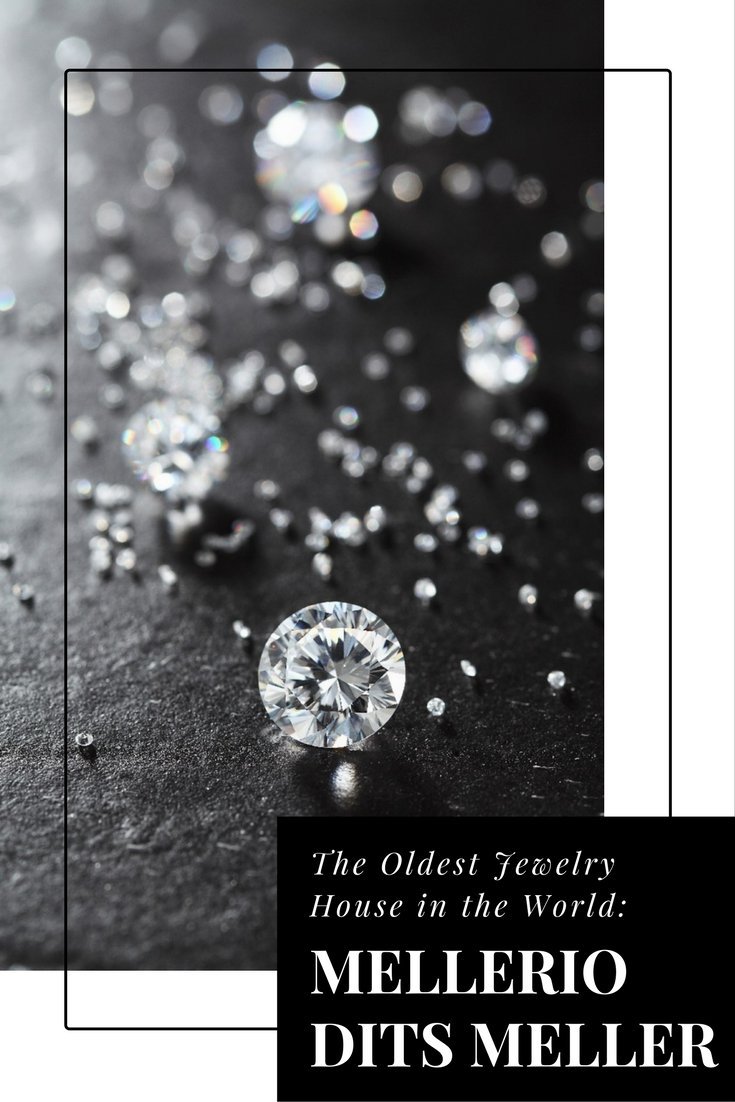With a history that goes back to 1515, Mellerio dits Meller is the oldest jewelry house in the world. And with a list of clientele that includes Marie-Antoinette, Napoleon III and Christian Dior, it’s safe to say they know a thing or two about fabulous diamonds and gems. Take a look at the history of this storied house and a few of the pieces that have allowed them to stay brilliant for over 500 years.
A Famous Following
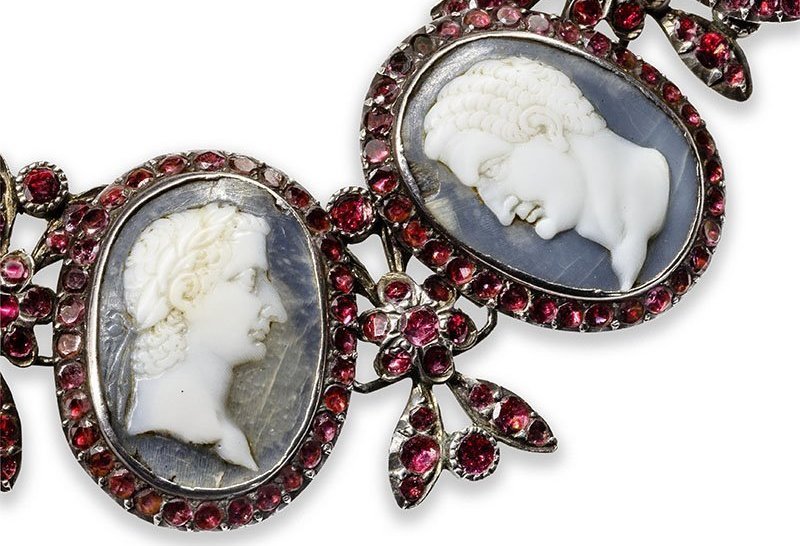
Like many other luxury fashion houses, the company was born in Paris. The Mellerio family emigrated from Italy in 1515, and were granted royal protection and the right to trade without restrictions by the Medici family in 1613.
Queen Marie-Antoinette herself took an interest in their craft. A lover of all things beautiful and opulent, she reportedly purchased a bracelet (pictured above) from the family around 1780. They later went on to receive a number of royal warrants, supplying to Napoleon III, King Louis-Philippe I, the Court of the Netherlands and Queen Isabel II of Spain.
Standout Works
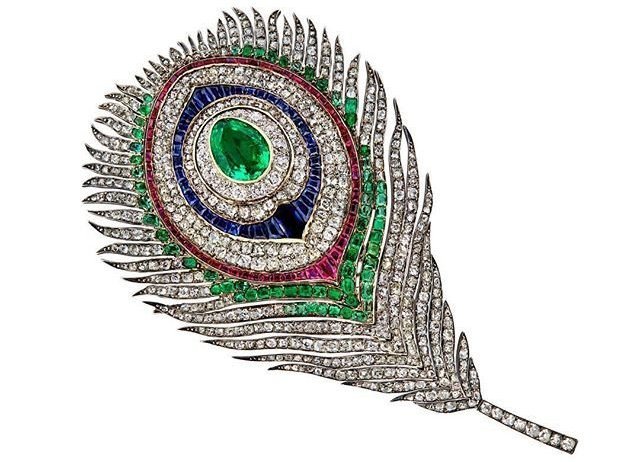
One of their most notable works is a peacock feather brooch for which they won a gold medal at the Paris Universal Exhibition in 1867. Featuring several of the predominant themes popular in jewelry-making at the time, the diamond, sapphire and emerald-adorned feather came to represent the house’s grandiose style.
Another famous piece is a majestic ruby tiara created for Queen Emma of the Netherlands. Each queen that followed Queen Emma wore the crown until Queen Maxima.
The Mellerio Style
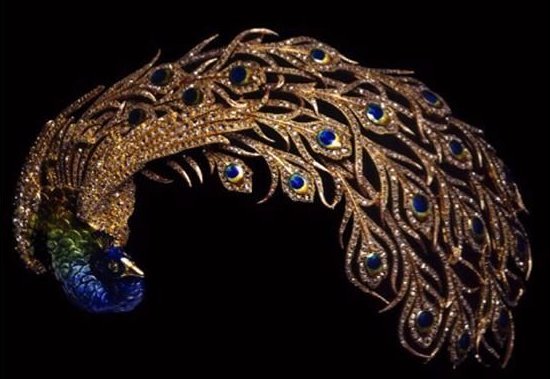
The legendary house is best characterized by its innovation. Many of their pieces make use of detachable mechanisms and flexible materials that were unique when first incorporated. They allowed Mellerio dits Meller to craft pieces that were lighter and more flexible than other jewelry of the day.
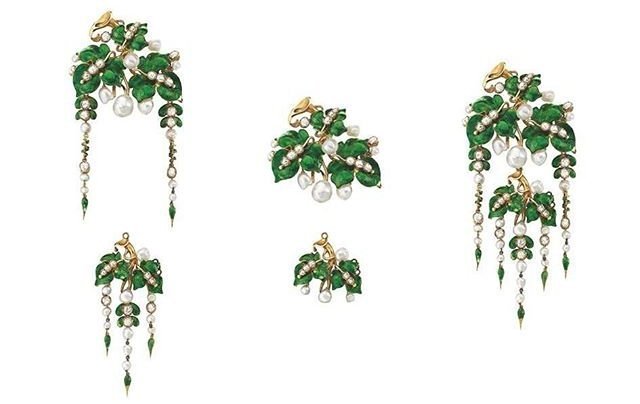
Pieces such as the Ivy Front Bodice allowed wearers to transform the piece to their fancy, creating a distinctive freedom of expression. The patented flexible stem used in many of their brooches allowed them to create the naturalistic styles which they also became recognized for. Elements found in the natural world, particularly flowers and animal motifs, defined some of their most recognizable pieces.
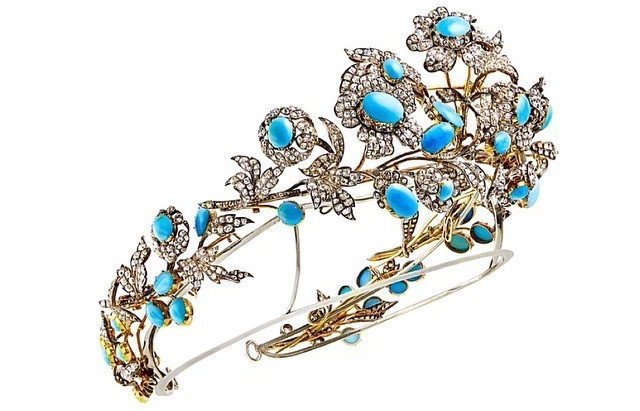
Many of the house’s most famous pieces make use of enamel and precious gemstones. The house has used beautiful diamonds, peridots, rubies, amethyst, sapphires and emeralds since 1825.
Covetable Collaborations
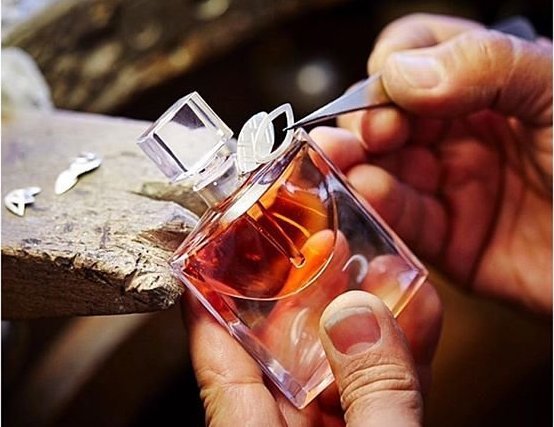
In addition to royal families, this family of jewelers have crafted commissions for discerning tastemakers throughout the ages. From pieces for fashion designers like Cristobal Balenciaga and Christian Dior, to trophies for the French Tennis Federation, to a limited edition set of bottles for Lancôme’s “La Vie est Belle” fragrance, the house has lent their mastery to a number of prestigious institutions.
From Marie-Antoinette to the King of Italy, this family has had a royal following since nearly day one. With the finest materials, innovative techniques, and also steadfast commitment to beauty, their sparkling half-millennium history stand as one of the jewelry industry’s most revered legacies.

